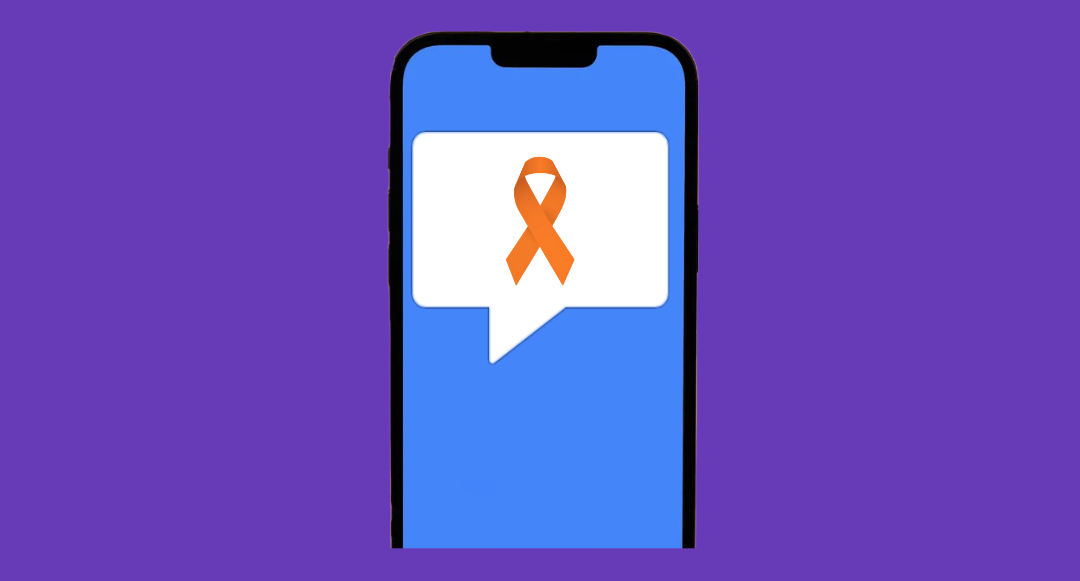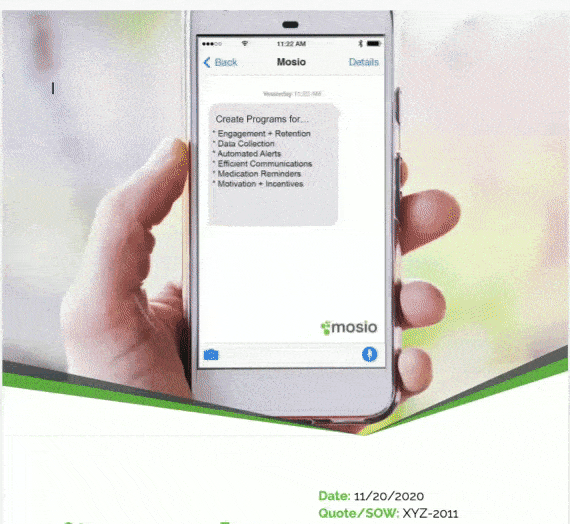Text Messaging: A Promising Tool for Multiple Sclerosis Fatigue Management
In the realm of research and healthcare, the integration of text messaging as a tool for patient engagement and self-management is gaining traction. A recent pilot study, as reported by Multiple Sclerosis News Today, underscores this trend, particularly in the context of managing fatigue among individuals with multiple sclerosis (MS) and other neurological conditions.
The study, titled “Text messaging intervention for fatigue self-management in people with stroke, spinal cord injury, and multiple sclerosis: A pilot study,” published in the Disability and Health Journal, involved sending SMS text messages with self-management tips for fatigue and regular check-ins to participants. This approach aimed to offer a practical, acceptable, and engaging means to assist patients in managing their disease-related fatigue.
Fatigue, a common symptom in MS affecting about 80% of patients, significantly impacts quality of life. Given the limited efficacy and side effects of medications for fatigue, alternative approaches like exercise, education, and behavioral management techniques are increasingly considered. Mobile health (MHealth) platforms, particularly SMS-based interventions, have shown promise in inducing behavioral changes and improving self-management of symptoms, ultimately enhancing health outcomes.
The intervention in the study comprised four weekly educational SMS messages covering various focus areas like fatigue education, behavioral techniques, and energy conservation, complemented by two weekly check-in messages. The study included 27 participants with disabilities (including MS, spinal cord injury, and stroke), all experiencing fatigue that affected their daily lives.
Results were encouraging, with a high completion rate (93%) and SMS response rate (85.2%). Most patients expressed satisfaction with the intervention, noting its quality and helpfulness in coping with problems. The intervention moderately improved two measures of fatigue, sleep quality, and satisfaction with social participation. It also had a small effect on self-efficacy in symptom management. However, it did not significantly impact patient activation, defined as the knowledge, skills, and confidence to manage health.
Participants highlighted the simplicity, accessibility, and the reinforcing nature of consistent, repeated messages as strengths of the intervention. Some suggested improvements included reducing content overlap and adding more action-oriented content tailored to specific disabilities.
This study illustrates the potential of text messaging as a viable tool in research and patient care, particularly for conditions like MS where self-management plays a critical role. While this specific study was limited in scope, it provides a basis for larger, more controlled trials in the future.
For researchers looking to integrate innovative and effective tools into their study designs or patient care strategies, exploring the use of two-way text messaging software like that offered by Mosio can be a valuable step. Such technology not only enhances patient engagement and self-management but also holds potential for improved health outcomes in various populations. If you’re interested in exploring how text messaging can enhance your research, feel free to reach out to Mosio to discuss your project or review our pricing and plans.
—






